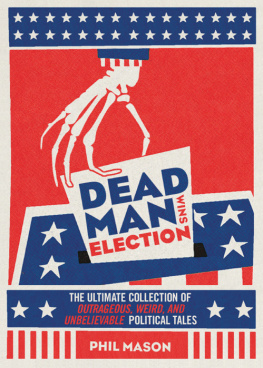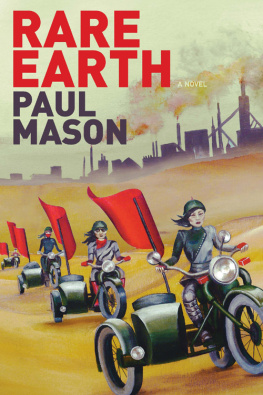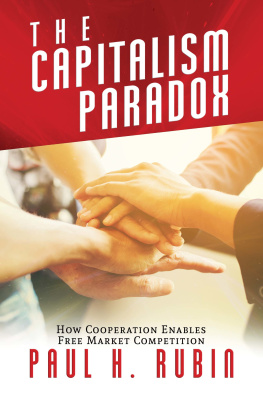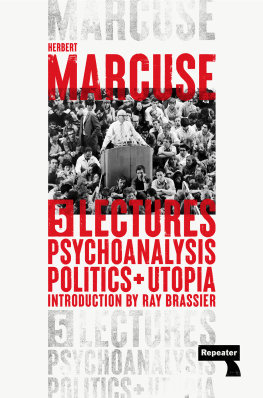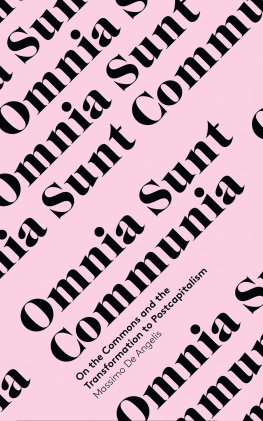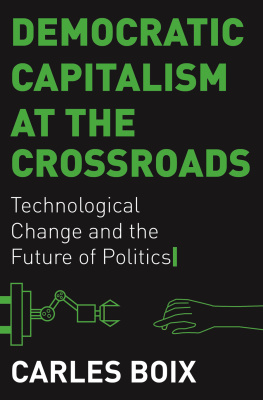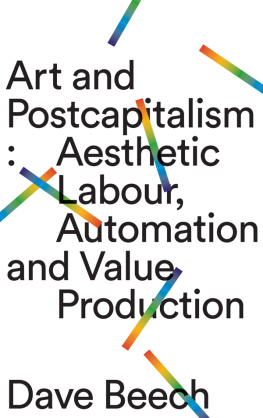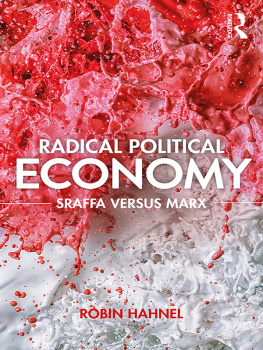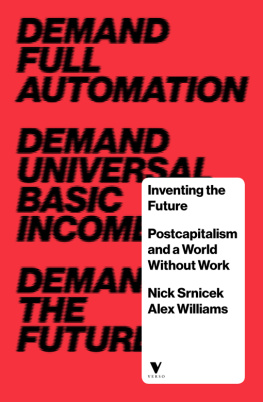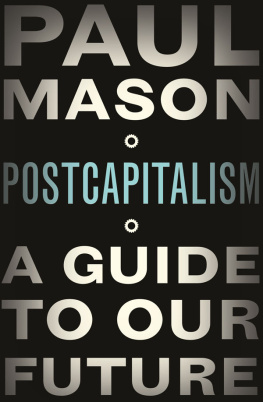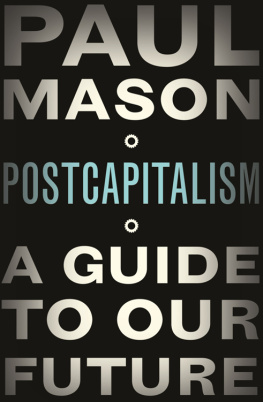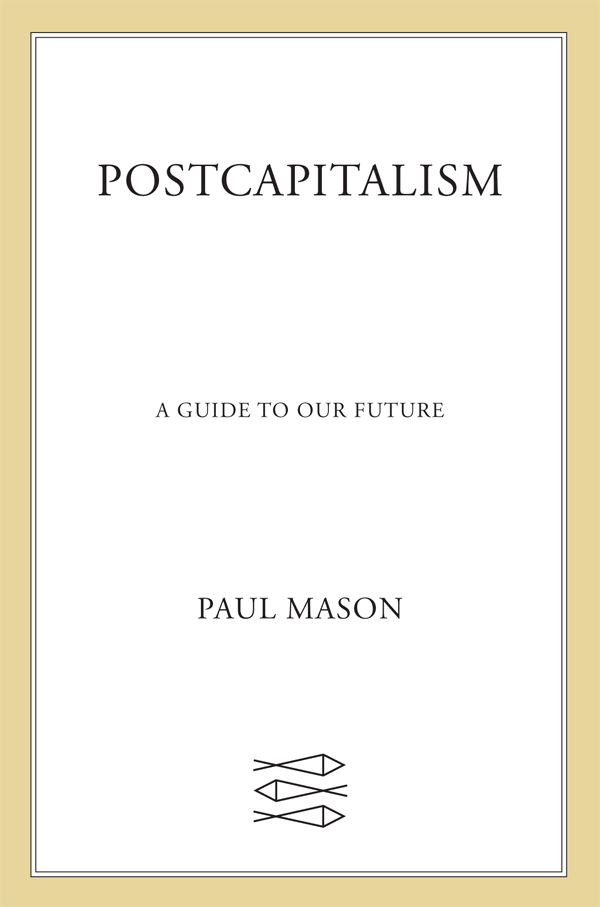Contents
Guide

The author and publisher have provided this e-book to you for your personal use only. You may not make this e-book publicly available in any way. Copyright infringement is against the law. If you believe the copy of this e-book you are reading infringes on the authors copyright, please notify the publisher at: us.macmillanusa.com/piracy.
For Calum, Anya, Robbie and James
To find the river Dniestr we drive through cold woodlands, past decomposing flats and railyards where the dominant colour is rust. The freezing water runs clear. It is so quiet that you can hear little pieces of concrete falling off the road bridge above, as it slowly crumbles through neglect.
The Dniestr is the geographic border between free-market capitalism and whatever you want to call the system Vladimir Putin runs. It separates Moldova, a country in Eastern Europe, from a breakaway Russian puppet state called Transnistria, controlled by the mafia and secret police.
On the Moldovan side, elderly people squat on the pavements selling stuff theyve grown or made: cheese, pastries, a few turnips. Young people are scarce; one in four adults works abroad. Half the population earns less than $5 a day; one in ten lives in a poverty so extreme it can be measured on the same scale as Africas. The country was born at the start of the neoliberal era, with the breakup of the Soviet Union in the early 1990s and the entry of market forces but many of the villagers I talk to would rather live in Putins police state than in the disgraceful penury of Moldova. This grey world of dirt roads and grim faces was produced by capitalism, not communism. And now capitalism is already past its best.
Moldova, of course, is not a typical European country. But its in these edge places of the world that we can watch the economic tide receding and trace the causal links between stagnation, social crisis, armed conflict and the erosion of democracy. The economic failure of the West is eroding belief in values and institutions that we once thought were permanent.
In the financial centres, behind plate glass, things can still look rosy. Since 2008, trillions of dollars of confected money have flowed through the banks, hedge funds, law firms and consultancies to keep the global system functioning.
But the long-term prospects for capitalism are bleak. According to the OECD, growth in the developed world will be weak for the next fifty years. Inequality will rise by 40 per cent. Even in the developing countries, the current dynamism will be exhausted by 2060. The OECDs economists were too polite to say it, so lets spell it out: for the developed world the best of capitalism is behind us, and for the rest it will be over in our lifetime.
What started in 2008 as an economic crisis morphed into a social crisis, leading to mass unrest; and now, as revolutions turn into civil wars, creating military tension between nuclear superpowers, it has become a crisis of the global order.
There are, on the face of it, only two ways it can end. In the first scenario, the global elite clings on, imposing the cost of crisis on to workers, pensioners and the poor over the next ten or twenty years. The global order as enforced by the IMF, World Bank and World Trade Organisation survives, but in a weakened form. The cost of saving globalization is borne by the ordinary people of the developed world. But growth stagnates.
In the second scenario, the consensus breaks. Parties of the hard right and left come to power as ordinary people refuse to pay the price of austerity. Instead, states then try to impose the costs of the crisis on each other. Globalization falls apart, the global institutions become powerless and in the process the conflicts that have burned these past twenty years drug wars, post-Soviet nationalism, jihadism, uncontrolled migration and resistance to it light a fire at the centre of the system. In this scenario, lip-service to international law evaporates; torture, censorship, arbitrary detention and mass surveillance become the regular tools of statecraft. This is a variant of what happened in the 1930s and there is no guarantee it cannot happen again.
In both scenarios, the serious impacts of climate change, demographic ageing and population growth kick in around the year 2050. If we cant create a sustainable global order and restore economic dynamism, the decades after 2050 will be chaos.
So I want to propose an alternative: first, we save globalization by ditching neoliberalism; then we save the planet and rescue ourselves from turmoil and inequality by moving beyond capitalism itself.
Ditching neoliberalism is the easy part. Theres a growing consensus among protest movements, radical economists and radical political parties in Europe as to how you do it: suppress high finance, reverse austerity, invest in green energy and promote high-waged work.
But then what?
As the Greek experience demonstrates, any government that defies austerity will instantly clash with the global institutions that protect the 1 per cent. After the radical left party Syriza won the election in January 2015, the European Central Bank, whose job was to promote the stability of Greek banks, pulled the plug on those banks, triggering a 20 billion run on deposits. That forced the left-wing government to choose between bankruptcy and submission. You will find no minutes, no voting records, no explanation for what the ECB did. It was left to the right-wing German newspaper Stern to explain: they had smashed Greece. It was done, symbolically, to reinforce the central message of neoliberalism that there is no alternative; that all routes away from capitalism end in the kind of disaster that befell the Soviet Union; and that a revolt against capitalism is a revolt against a natural and timeless order.
The current crisis not only spells the end of the neoliberal model, it is a symptom of the longer-term mismatch between market systems and an economy based on information. The aim of this book is to explain why replacing capitalism is no longer a utopian dream, how the basic forms of a postcapitalist economy can be found within the current system, and how they could be expanded rapidly.
* * *
Neoliberalism is the doctrine of uncontrolled markets: it says that the best route to prosperity is individuals pursuing their own self-interest, and the market is the only way to express that self-interest. It says the state should be small (except for its riot squad and secret police); that financial speculation is good; that inequality is good; that the natural state of humankind is to be a bunch of ruthless individuals, competing with each other.
Its prestige rests on tangible achievements: in the past twenty-five years, neoliberalism has triggered the biggest surge in development the world has ever seen, and it unleashed an exponential improvement in core information technologies. But in the process, it has revived inequality to a state close to that of 100 years ago and has now triggered a survival-level event.
The civil war in Ukraine, which brought Russian special forces to the banks of the Dniestr; the triumph of ISIS in Syria and Iraq; the rise of fascist parties in Europe; the paralysis of NATO as its populations withhold consent for military intervention these are not problems separate from the economic crisis. They are signs that the neoliberal order has failed.
Over the past two decades, millions of people have resisted neoliberalism but in general the resistance failed. Beyond all the tactical mistakes, and the repression, the reason is simple: free-market capitalism is a clear and powerful idea, while the forces opposing it looked like they were defending something old, worse and incoherent.





